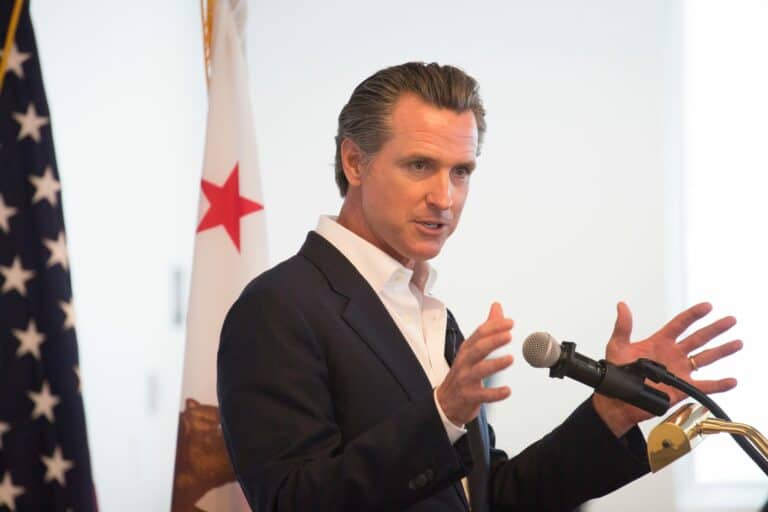The governor of the US state of California, Gavin Newsom, has vetoed a bill that would have imposed strict safety requirements on developers of AI models. California is home to many tech companies, and that is no different for AI. This means the bill could have had a significant impact on the global use of AI.
The bill, named SB 1047, would have required developers to subject their AI models to rigorous security tests, particularly if they cost more than 100 dollars million to develop (which is almost always the case) or require huge amounts of computing power (which, in the case of the big LLMs, is also almost always the case as well). For example, developers would have been required to guarantee that their models couldn’t be used for developing biological weapons.
‘Everyone is now more unsafe’
According to California’s governor, however, the so-called ‘AI Safety Bill’ in its current form was far too stringent and would curtail innovation. The rigorous safety measures would have applied to any use case, including the proverbial cookie recipe. Instead, according to Newsom, the proposed restrictions should apply only to AI models in high-risk situations or when handling highly sensitive or critical data.
The proposer of the bill is Senator Scott Wiener, who, like Governor Newsom, is a member of the Democratic party. He said it was a ‘missed opportunity’ that the proposal was put to pasture by his party colleague, so ‘we are all less safe as a result’. The US state is at the center of an ideological battle over AI, where proponents of (virtually) unbridled deployment of AI, such as OpenAI chief Sam Altman, are on one side of the divide, and critics, such as billionaire Elon Musk, who advocate a more cautious approach, are on the other.
Newsom was probably lobbied a lot
In any case, Gavin Newsom will have been heavily lobbied recently. Many Silicon Valley entrepreneurs, as do many Democratic Party brass, favor a maximalist approach to AI. Newsom struck a deal earlier this year with Nvidia to make AI applications available in education.
Former Speaker of the House of Representatives Nanci Pelosi, also from California, thanked Newsom on X (ironically, opponent Musk’s platform) for his veto. Pelosi, a key figure in the Democratic party, added: “As we determine the best path forward for our great state, California must be a model for the nation in protecting consumers, respecting intellectual property and prioritizing innovation and entrepreneurship.”
Challenges for local energy grid
Regardless of his veto of the bill, Newsom did separately sign legislation requiring his state’s government to examine the challenges AI poses to local (energy) infrastructure. The state regularly deals with ‘rolling blackouts,’ or controlled power outages to avoid overloading its over-stretched power grid.
However, Newsom is not forthcoming toward AI companies in all cases. After celebrities complained about AI applications (possibly) stealing their likeness or voice, he signed bills banning such use, whether the actors are still alive or dead.
Also read: OpenAI is shaping AI policy, and that concerns Europe too
